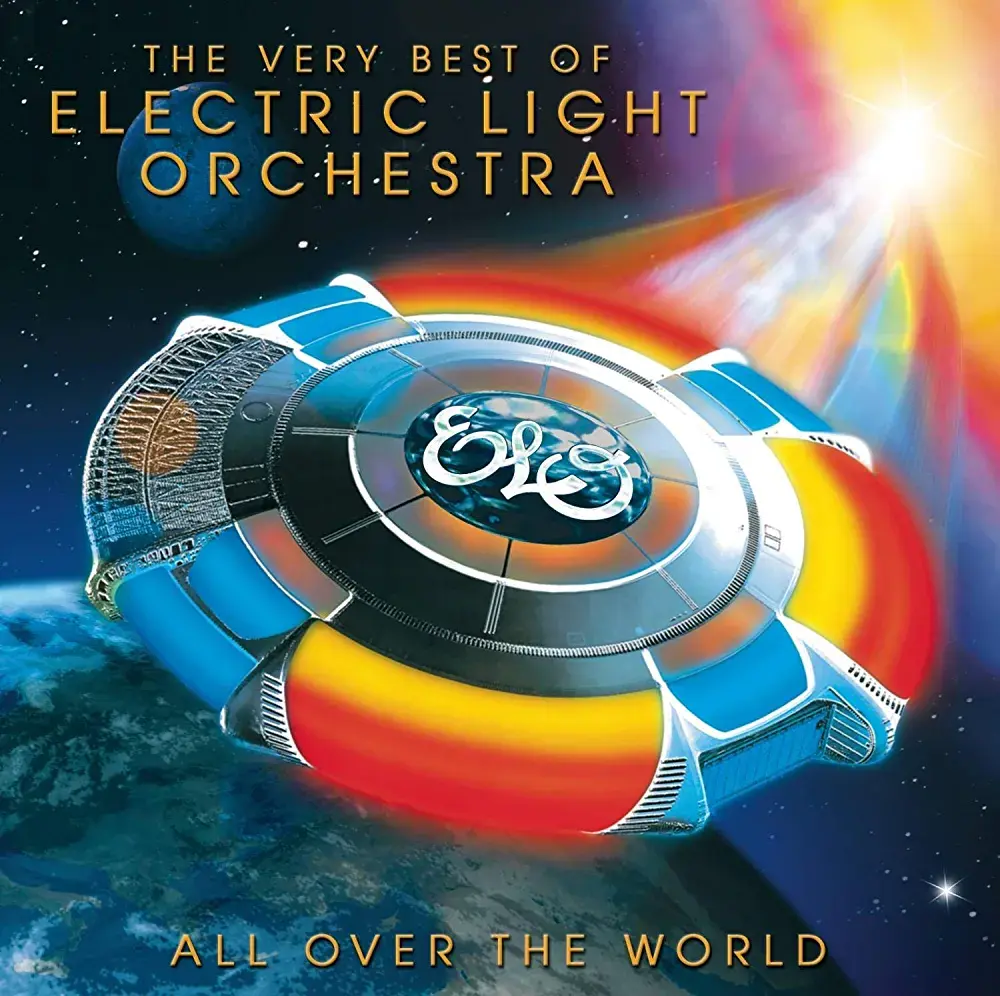Russia’s U.N. Ambassador Vassily Nebenzia told the council before the vote that the resolution was “absurd and politicized.”
What the hell is absurd about limiting nuclear proliferation, Vassily?
Abandon all reason and logic, ye who enter the russian / MAGA rhetoric.
This place is not a place of honor.
What the hell is an ambassador doing calling something “political”
No shit, idiot, you’re a politician.
“It’s absurd that you won’t let us have the political win with our populace by looking like a strong country by putting nukes in space” is what he meant.
Anything you’d get him to answer would be as good as “it’s because the Russian economy is booming!”
“Nu-clear weapon is very important part of foreign policy”
Why do right wingers want nuclear arms races so badly?
Because then they can use the fear to get reelected or pass the laws that they want
Some of them are Christo-fascist and they just wanna get raptured.
Some of them are nationalist and they think their country is so awesome, it can tank a few nukes.
And some of their number are so mind fucked by machismo and toxic masculinity, that they just want to wave the big stick.
They want to LARP Fallout.
Why does Russia have veto power? They weren’t a founding member.
I’m pretty sure that the Soviet Union was.
googles
Yeah.
https://en.wikipedia.org/wiki/Soviet_Union_and_the_United_Nations
The Soviet Union was a charter member of the United Nations and one of five permanent members of the Security Council. Following the dissolution of the Soviet Union in 1991, its UN seat was transferred to the Russian Federation, one of the many successor states of the USSR.
But as to why they have a veto, they have the largest nuclear arsenal in the world. If the UNSC says “do X”, and Russia objects, it’d probably be preferable in most cases to not do X and maintain the status quo than for it to be nuclear WW3. I don’t think that that’ll change unless there’s a reliable counter to the Russian arsenal.
The US might be able to pull off a successful first strike, wipe out enough of the arsenal and destroy any remaining counterstrike in the air that no direct nuclear response could happen, but even in that case, it’d be risky and would have colossal costs, kill the nuclear taboo – very bad news for the world as a whole moving forward – kill enormous numbers of people and scatter fallout all over. You really, really don’t want those things to happen.
Plus, the US cannot counter Russian weapons in a Russia-launches-first scenario.
And the other permanent UNSC seat-holders won’t even have the possibility of pulling off a successful first strike, even with the attendant risks and costs.
Nothing else approaching a counter exists today, and preemptively kicking off a nuclear war is a very bad counter, so…
…why is the article picture of the AMERICAN ambassador?
Extra weird as she happens to be black, unlike 99.92% of the population of “not at all racist” Russia lol
Isn’t the Outer Space Treaty ALREADY covering this exact thing? Come on, people.
In the article it’s explained that Russia, China and few other countries voted no because they would want a ban on all of the weapons in space, not only nuclear, which US is against. Which makes the title a little unfair I think.
deleted by creator

Terrible, nukes should’ve never been a thing
Maybe, maybe not. Their existence and the mutually assured destruction that comes with it might be the primary factor responsible for preventing WW3 during the Cold War. The “balance of terror” is still working to this day.
Time for SDI: Part 2 (mostly kidding)
For the young and unaware: https://en.m.wikipedia.org/wiki/Strategic_Defense_Initiative
SDI didn’t have nuclear weapons in space.
Some proposals did include anti-ballistic-missile systems being stationed in space, but those had no nuclear payload.
This recent thing about nuclear weapons in space is about use of nuclear weapons in an anti-satellite role, which the US believes Russia is banging on a system for. Problem is that those are indeed pretty good at messing up satellites, but also horribly non-specific and will clobber many, many satellites from many countries.
https://en.wikipedia.org/wiki/High-altitude_nuclear_explosion
The US did a test of a high-altitude nuclear explosion back when, not realizing the consequences, back when there were a tiny fraction of today’s electronic and satellite infrastructure, messed up terrestrial infrastructure and satellites, and realized that doing these was a very, very bad idea.
https://en.wikipedia.org/wiki/Starfish_Prime
Starfish Prime caused an electromagnetic pulse (EMP) that was far larger than expected, so much larger that it drove much of the instrumentation off scale, causing great difficulty in getting accurate measurements. The Starfish Prime electromagnetic pulse also made those effects known to the public by causing electrical damage in Hawaii, about 900 miles (1,450 km) away from the detonation point, knocking out about 300 streetlights,: 5 setting off numerous burglar alarms, and damaging a telephone company microwave link. The EMP damage to the microwave link shut down telephone calls from Kauai to the other Hawaiian islands.
The explosion released roughly 10^29 electrons into the Earth’s magnetosphere. While some of the energetic beta particles followed the Earth’s magnetic field and illuminated the sky, other high-energy electrons became trapped and formed radiation belts around the Earth. The added electrons increased the intensity of electrons within the natural inner Van Allen radiation belt by several orders of magnitude. There was much uncertainty and debate[by whom?] about the composition, magnitude and potential adverse effects from the trapped radiation after the detonation. The weaponeers became quite worried when three satellites in low Earth orbit were disabled. These included TRAAC and Transit 4B. The half-life of the energetic electrons was only a few days. At the time it was not known that solar and cosmic particle fluxes varied by a factor of 10, and energies could exceed 1 MeV (0.16 pJ). In the months that followed, these man-made radiation belts eventually caused six or more satellites to fail, as radiation damaged their solar arrays or electronics, including the first commercial relay communication satellite, Telstar, as well as the United Kingdom’s first satellite, Ariel 1.
https://en.wikipedia.org/wiki/Nuclear_electromagnetic_pulse
If Russia uses nuclear weapons in space in an anti-satellite role in 2024, when there’s a lot of satellites up there, it’s probably going to dick up a hell of a lot of satellites from a hell of a lot of countries. Not to mention any terrestrial effects.
I’d also add that, while it’s not the subject of the current discussion, non-nuclear kinetic anti-satellite weapons are bad enough; depending upon the altitude of the satellite, they can create long-lasting debris clouds.
https://en.wikipedia.org/wiki/Kessler_syndrome
The Kessler syndrome (also called the Kessler effect,[1][2] collisional cascading, or ablation cascade), proposed by NASA scientist Donald J. Kessler in 1978, is a scenario in which the density of objects in low Earth orbit (LEO) due to space pollution is numerous enough that collisions between objects could cause a cascade in which each collision generates space debris that increases the likelihood of further collisions.[3] In 2009, Kessler wrote that modeling results had concluded that the debris environment was already unstable, “such that any attempt to achieve a growth-free small debris environment by eliminating sources of past debris will likely fail because fragments from future collisions will be generated faster than atmospheric drag will remove them”.[4] One implication is that the distribution of debris in orbit could render space activities and the use of satellites in specific orbital ranges difficult for many generations.[3]
The US did one non-nuclear anti-satellite test back when there were few satellites. It took decades for debris to deorbit. India did a relatively-safe, low-altitude one. We’d really, really like to not have especially high-altitude anti-satellite kinetic weapons used, because we don’t have a way to clean up the debris field.
On 11 January 2007, China conducted an anti-satellite missile test in which one of their FY-1C weather satellites was chosen as the target. The collision occurred at an altitude of 865 kilometres, when the satellite with a mass of 750 kilograms was struck in a head-on-collision by a kinetic payload traveling with a speed of 8 km/s (18,000 mph) in the opposite direction. The resulting debris orbits the Earth with a mean altitude above 850 kilometres, and will likely remain in orbit for decades or centuries.[18]
Absent the creation of some kind of new technology that can deorbit that debris, we’re going to be stuck with that one for generations to come.
I was gonna make a dark joke about a silver lining, but I don’t think losing Starlink would be worth losing GPS.
You’re totally right - SDI wasn’t nukes in space. Just pointing out the similarities in concept and reaction:
- Threaten to put advanced military tech and/or weapons of some sort in space.
- Reveal very little about what is actually being currently done and what is just plans/theory.
- (to be seen) Use it as a negotiation tool for favorable arms-reduction or other treaties.










